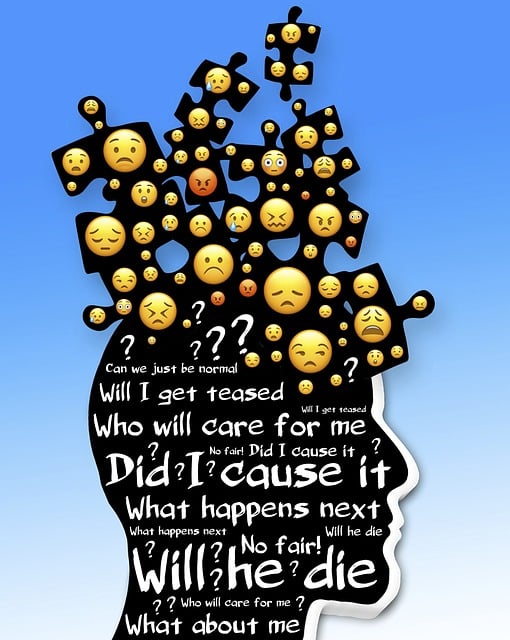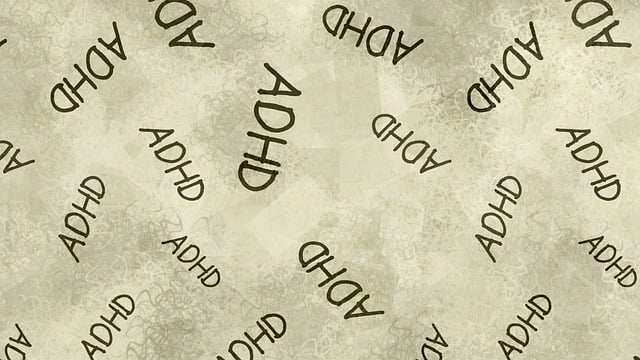This text explores creative mental health data collection methods tailored for young children, emphasizing the need for age-sensitive approaches like play therapy, drawing, storytelling, and hypnosis. Community outreach programs are crucial for effectively delivering these interventions, fostering resilience, and addressing early mental health concerns. Hypnosis is highlighted as a powerful therapy for anxiety relief and emotional healing, gaining insights into subconscious emotions and memories for better diagnoses and tailored treatment strategies. Advanced data analysis techniques enable therapists to customize interventions, improve success rates, uncover hidden issues, and proactively manage risks, enhancing therapist-client relationships through emotional intelligence.
Mental health data analysis is a burgeoning field, especially with young children. This article explores the intricate process of understanding and interpreting mental health data, focusing on innovative techniques like hypnosis. We delve into how these methods enhance therapy for young children, offering practical applications and benefits that improve diagnosis and treatment plans. By combining traditional data collection with hypnotic insights, professionals can navigate complex emotional landscapes, fostering better outcomes for youth.
- Understanding Mental Health Data Collection for Young Children
- The Role of Hypnosis in Analyzing and Interpreting Data
- Practical Applications and Benefits for Therapy
Understanding Mental Health Data Collection for Young Children

Understanding Mental Health Data Collection for Young Children begins with recognizing the unique challenges and nuances involved in gathering insights from this demographic. Unlike adults who can communicate their feelings and experiences more effectively, young children often struggle to verbalize their emotions and psychological states. Therefore, data collection methods for them need to be sensitive, creative, and age-appropriate. This involves utilizing tools such as play therapy, drawing, storytelling, and even hypnosis to encourage expression. Hypnosis, in particular, has shown promise in facilitating emotional healing processes by inducing a relaxed state that allows children to access and communicate their inner experiences more freely.
Community Outreach Program Implementation plays a crucial role in ensuring these data collection methods reach the intended audience effectively. By integrating these practices into community-based programs, mental health professionals can offer early interventions and support systems tailored to young children’s needs. This not only aids in identifying and addressing emerging mental health issues but also promotes overall well-being by fostering resilience and coping mechanisms from a young age. Such proactive measures are essential in providing Anxiety Relief and promoting the healthy development of young minds, ultimately shaping their future emotional well-being.
The Role of Hypnosis in Analyzing and Interpreting Data

Hypnosis has emerged as a valuable tool in mental health data analysis and interpretation, particularly when dealing with young children. This alternative therapy can help unlock deep-seated emotions and memories that traditional methods might miss. Through hypnosis, professionals can gain unprecedented insight into their patients’ psychological states, allowing for more accurate diagnoses and personalized treatment plans.
For instance, hypnosis can facilitate self-awareness exercises that aid in crisis intervention guidance. By inducing a state of calm and heightened focus, children may recall past experiences or express feelings they normally keep hidden. This process not only aids in understanding the root causes of anxiety or trauma but also plays a crucial role in burnout prevention among young individuals who face increasing academic and social pressures.
Practical Applications and Benefits for Therapy

Mental health data analysis has significant practical applications and benefits when it comes to therapy, particularly for young children. By utilizing advanced techniques, professionals can gain valuable insights from collected data, enabling them to tailor therapeutic interventions more effectively. This personalized approach enhances the success rates of treatment plans. For instance, analyzing emotional responses through hypnosis can help identify underlying issues that may not be immediately apparent, allowing therapists to target specific behaviors and develop coping skills in young clients.
The benefits extend beyond individual therapy sessions. Risk assessment for mental health professionals becomes more accurate when data-driven insights are incorporated. This ensures that interventions are not only effective but also proactive, addressing potential mental health challenges before they escalate. Moreover, emotional intelligence, a key aspect often measured through analytical methods, plays a crucial role in building strong therapist-client relationships, fostering a supportive environment conducive to healing and skill development.
Mental health data analysis is a complex yet powerful tool, especially when combined with techniques like hypnosis. As shown, understanding how to collect and interpret data from young children through methods such as hypnosis can significantly enhance therapy outcomes. By employing these strategies, therapists can gain valuable insights into their young patients’ mental states, leading to more effective treatment plans tailored to individual needs. This approach not only benefits the children but also contributes to the broader field of pediatric therapy, paving the way for improved mental health support for our youngest populations.








